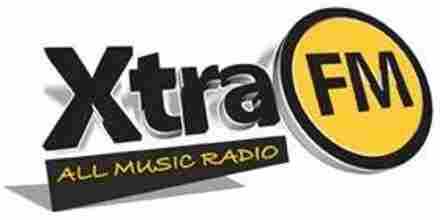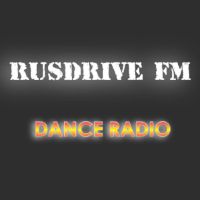The 2000s, often referred to simply as the "00s," was a decade marked by significant evolution and diversification in music. This period saw the rise of digital music distribution, the proliferation of social media, and the blending of various musical styles, leading to an eclectic mix that defined the era.
At the dawn of the millennium, pop music continued to dominate the charts. Artists like Britney Spears, Christina Aguilera, and Justin Timberlake represented a new wave of pop stars who blended catchy melodies with sophisticated production techniques. The early 2000s also witnessed the emergence of boy bands and girl groups, such as *NSYNC, Backstreet Boys, Spice Girls, and Destiny's Child, which capitalized on synchronized dance routines and harmonious vocals.
Hip-hop and R&B experienced a golden age in the 2000s. Rappers like Eminem, Jay-Z, and Kanye West pushed the boundaries of lyrical content and production, addressing social issues, personal struggles, and cultural commentary. Meanwhile, R&B artists such as Alicia Keys, Beyoncé, and Usher brought soulful vocals and innovative beats to the forefront, blending traditional R&B with elements of pop, hip-hop, and electronic music.
Rock music underwent a transformation in the 2000s, with sub-genres like emo, post-hardcore, and indie rock gaining prominence. Bands such as My Chemical Romance, Fall Out Boy, and Panic! At The Disco captured the angst and emotional depth of a generation through their powerful lyrics and dynamic performances. Meanwhile, indie rock bands like Arcade Fire, Death Cab for Cutie, and The Strokes brought a raw, authentic sound that contrasted with the polished production of mainstream pop.
Electronic music also saw significant growth in the 2000s. DJs and producers like Daft Punk, The Chemical Brothers, and Moby introduced synth-pop and house music to wider audiences, blending electronic beats with live instrumentation. The rise of EDM (Electronic Dance Music) festivals and clubs further popularized genres like trance, dubstep, and techno, creating a vibrant subculture that continues to thrive.
Country music experienced a resurgence in the 2000s, with artists like Carrie Underwood, Taylor Swift, and Keith Urban bringing contemporary twangs and modern production techniques to traditional country sounds. This period also saw the rise of "bro-country," characterized by its upbeat tempos and party anthems, which appealed to a younger audience.
Latin music gained global recognition in the 2000s, with artists like Shakira, Ricky Martin, and Jennifer Lopez breaking into international markets. Reggaeton, a fusion of reggae and Latin rhythms, became particularly popular, with artists like Daddy Yankee and Don Omar leading the charge. This genre's infectious beats and catchy hooks resonated with audiences worldwide, contributing to its widespread appeal.
The 2000s also marked the beginning of the digital revolution in music. The introduction of platforms like iTunes and Napster made it easier for consumers to access and download music legally or illegally, changing the way people discovered and consumed music. Social media platforms like MySpace and later Facebook allowed artists to connect directly with their fans, democratizing the music industry and providing new avenues for promotion and distribution.
In summary, the 2000s was a decade of immense creativity and innovation in music. From the pop sensations that dominated the airwaves to the diverse sub-genres that emerged, this era left an indelible mark on the musical landscape. The blending of traditional and modern elements, coupled with the rise of digital technology, created a rich tapestry of sounds that continue to influence contemporary music today.
 6.1k
6.1k
 3
Germany, Hanau 00s 128 kbps MP3
3
Germany, Hanau 00s 128 kbps MP3 Radio MarusyaRadio Marusya
Radio MarusyaRadio Marusya 1.5k
Russia 00s 128 kbps MP3
1.5k
Russia 00s 128 kbps MP3


































